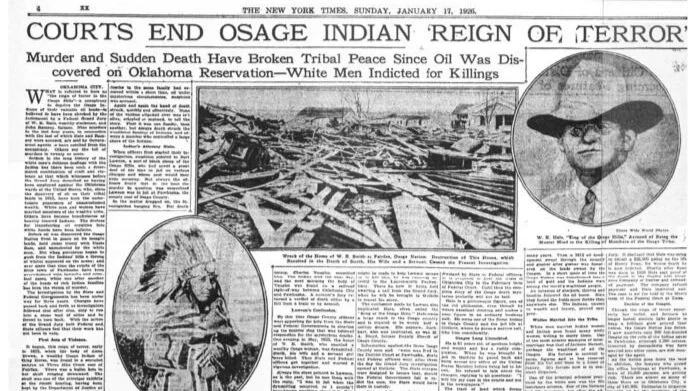Let us now praise Christian schools — the schools that actually practice what others loudly preach
I was talking with an acquaintance some time back and was asked, “Do you think the United States is an exceptional country?” I think that many who ask the question about American exceptionality are just waiting for a mixed or negative response so that the responder can be labeled as an unpatriotic citizen who should move to another country.
You know, love it or leave it.
My split-the-baby response was, “In some respects, yes. In other respects, no.”
I proceeded to opine that America is exceptional in terms of being a land of opportunity offering freedom, security, and material wealth. I mentioned that America’s military power is extraordinary in addition to its scientific/technical know-how.
America’s generous humanitarianism is the best in the world — everything from providing aid to Ukraine and Israel (so far) to assisting countries that have been hit by famine and natural disasters. At the state and local level, look at what towns, communities, and neighborhoods do for residents in need.
As Bruce Springsteen sings, “We take care of our own.”
I then suggested that America is exceptional for its K-12 public schools (like the one in the image above from Rapid City Area Schools). My acquaintance’s head started to explode. And there was more to come. I said that America’s public schools are the real Christian schools in the country.
Of course, my acquaintance demanded an explanation.
A key precept in Christianity is serving others, which involves the tolerance, acceptance and inclusiveness of those unlike “us.” Christianity prescribes that we treat others as we would like to be treated.
In America, we have children in families with varying lifestyles, customs, abilities, interests, skin colors, languages, backgrounds and bank accounts. In some cases, the children have no families at all.
The public schools take them all in. There is no exclusivity. If this isn’t Christianity in action, I don’t know what is.
The United States is a land of immigrants. Its greatness can be traced to its diversity. How did these immigrants gain the understanding and skills to adapt to their new country? There are several factors, but without question, the public schools have contributed — exceptionally — to the immigrants’ assimilation that has taken place and is still taking place.
As students from diverse backgrounds — including immigrants — attend schools, they acquire various academic skills such as reading, writing, and ‘rithmetic. They also learn about competition and cooperation, self-respect and respect for others, behavior and consequences, persistence and reward, individual effort and teamwork, the importance of community, and other so-called soft skills.
Well, forget about classifying skills as academic and soft. Particularly for the immigrant and underprivileged students, I would call them essential survival skills. Learning these skills makes it possible for the students to function as productive adults in a democratic society.
Of course, there are other types of schools that provide its students with skill acquisition in preparing them to be productive adults in a democratic society. There are private schools, parochial/sectarian schools and home schools. There are public magnet schools, charter schools, and speciality schools. These schools, like the typical K-12 public schools, are staffed with professionals who are committed to serving their students, families, and communities.
It is not uncommon that these schools achieve outcomes that surpass those achieved by the typical public school. There’s also a big difference: Unlike the typical K-12 public schools they are not accessible to all students.
There are those who would say that public schools are anything but Christian. Why? Well, because God and prayer have been taken out of the schools.
Really? Allow me to confess that as a public school teacher and administrator, I prayed at times during the school day, occasionally before and during a couple of school board meetings. I just didn’t pray over the intercom. I think that other silent prayers were regularly sent up by students and staff every day.
The notion of removing God from schools doesn’t make sense either. We’re talking about a loving, all-powerful God here. We couldn’t remove God if we wanted to. To think that God would disregard children and others in public schools is antithetical to the nature of God.
Let’s consider Jesus’s concern for children and how he befriended outcasts and undesirables throughout his earthly ministry.
There is no shortage of stories that describe the challenges — and the successes — of immigrant and underprivileged students in our public schools, which educators witness every day. Most of these students and their families recognize that acquiring an education is the avenue they must take to improve their lives. Most are grateful for the efforts of those educators who serve them.
Indeed, it is a remarkable service and a major contributor to the exceptionality of the United States.
Randy Zitterkopf served as a public school teacher and administrator in Nebraska, South Dakota and Minnesota. Now retired, Randy and his wife Linda live in Sioux Falls.







